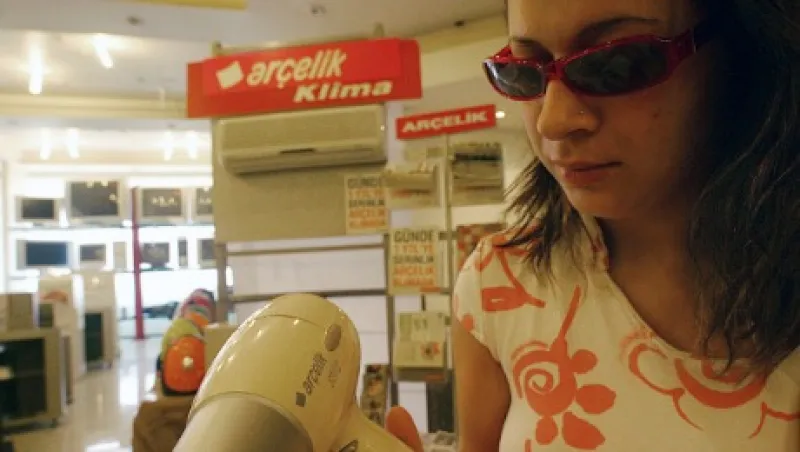“Everything that happens once can never happen again. But everything that happens twice will surely happen a third time.” — Paulo Coelho, The Alchemist
In Turkey’s case, what happened a fourth time might have happened a fifth time. In mid-July, members of the country’s lower-ranking military attempted a coup to unseat President Recep Tayyip Erdogan. What would have been the fifth military overthrow in the Turkish Republic’s nearly 93-year history ultimately proved unsuccessful.
What now, for Turkey? A study conducted by the Stockholm Institute of Transition Economics that examines the impacts of coups suggests that failed attempts have a limited bearing on a country’s growth. Following a period of short-term volatility, prior trends resume. The MSCI Turkey index has recovered nearly half of its losses, while the Turkish lira has recovered by one third. From an investment standpoint, political fragilities undoubtedly present a risk, though history proves that this is neither new to Turkey nor an uncommon characteristic in global emerging markets.
A more tangible risk is the structure of the Turkish economy, in which any growth in gross domestic product results in a higher current-account deficit. Annual energy imports of approximately $60 billion are often blamed for the high current-account deficit. A paper prepared by the Turkish central bank points to a deeper reason for Turkey’s dependence on imports, however: As the Turkish economy developed beyond the traditional labor-intensive industries like textiles, manufacturing required more raw materials and sophisticated machinery and equipment, most of which continued to be imported. Case in point are Turkish-assembled TV sets. They account for almost half of the European Union market for TVs, but the majority of value-added components are imported into Turkey.
Despite these challenges, it is important to recognize the strides that Turkey’s broader economy has made over the past three decades. Inflation levels have moderated to 6 to 8 percent — a far cry from the hyperinflation experienced in much of the 1990s — while GDP per capita has doubled over this period in U.S.-dollar terms. That the country was able to withstand a coup attempt is perhaps also a reflection of the fortitude of its institutions and the country’s faith in them.
Meanwhile, Turkish corporates have assiduously been chalking up earnings ahead of consensus expectations in three of the past four quarters, outperforming the wider emerging-markets asset class. Early indications in the second quarter are positive — one third of companies have reported with an aggregate surprise of 0.4 percent. Upward earnings revisions coupled with a recent market corrections have resulted in a noticeable derating of multiples in 12 months, from a peak of 11.1 times forward earnings to 8.7 times. Although politics has made the headlines in Turkey lately, our investment process at Investec Asset Management has kept us focused on what we think matters: uncovering high-quality, mispriced businesses that are delivering improving earnings.
Archie Hart is a portfolio manager with Investec Asset Management in London.
Get more on emerging markets.






